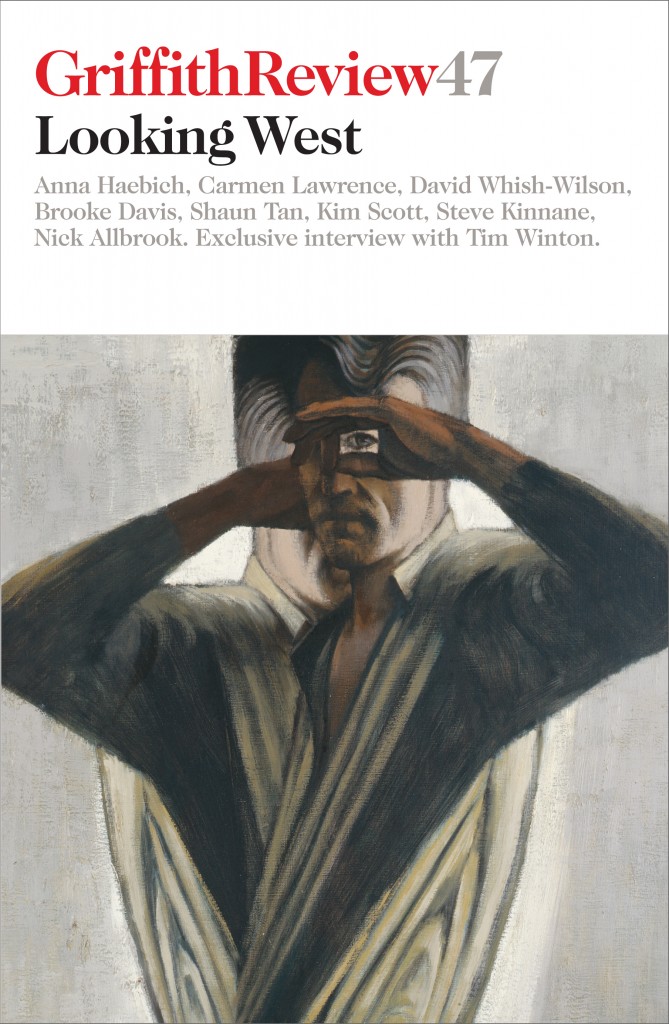Featured in

- Published 20150203
- ISBN: 9781922182678
- Extent: 264 pp
- Paperback (234 x 153mm), eBook

Already a subscriber? Sign in here
If you are an educator or student wishing to access content for study purposes please contact us at griffithreview@griffith.edu.au
Share article
About the author

John Mateer
John Mateer is a poet and writes on contemporary art. His latest books are Unbelievers, or 'The Moor' (Giramondo, 2013) and Emptiness: Asian Poems 1998–2014...
More from this edition

Grow up with your country
GR OnlineTHE SIREN CALL ‘Go West, young man’ has a long history in Australia, Canada and the United States. In 1865 Horace Greeley, editor of...

Big time unna?
MemoirOur 1985 season did not start well. We lost every game until about halfway through the season. This was not to say we did not have a good side, we did. It was just that the other three teams were better. As a means to try and spark a winning streak, Quiny got us all together one night at training. As we huddled together he promised us an eighteen-gallon keg (of Swan) if we won the premiership. We all started hollering like bastards, but deep in our hearts we knew that the contents of that keg were never going to pass our lips.

Land, glorious land
IntroductionIN THE BEGINNING it is about land: enjoying, aggregating, owning, using, preserving, developing and selling land. Land is, and always has been, a fulcrum of...